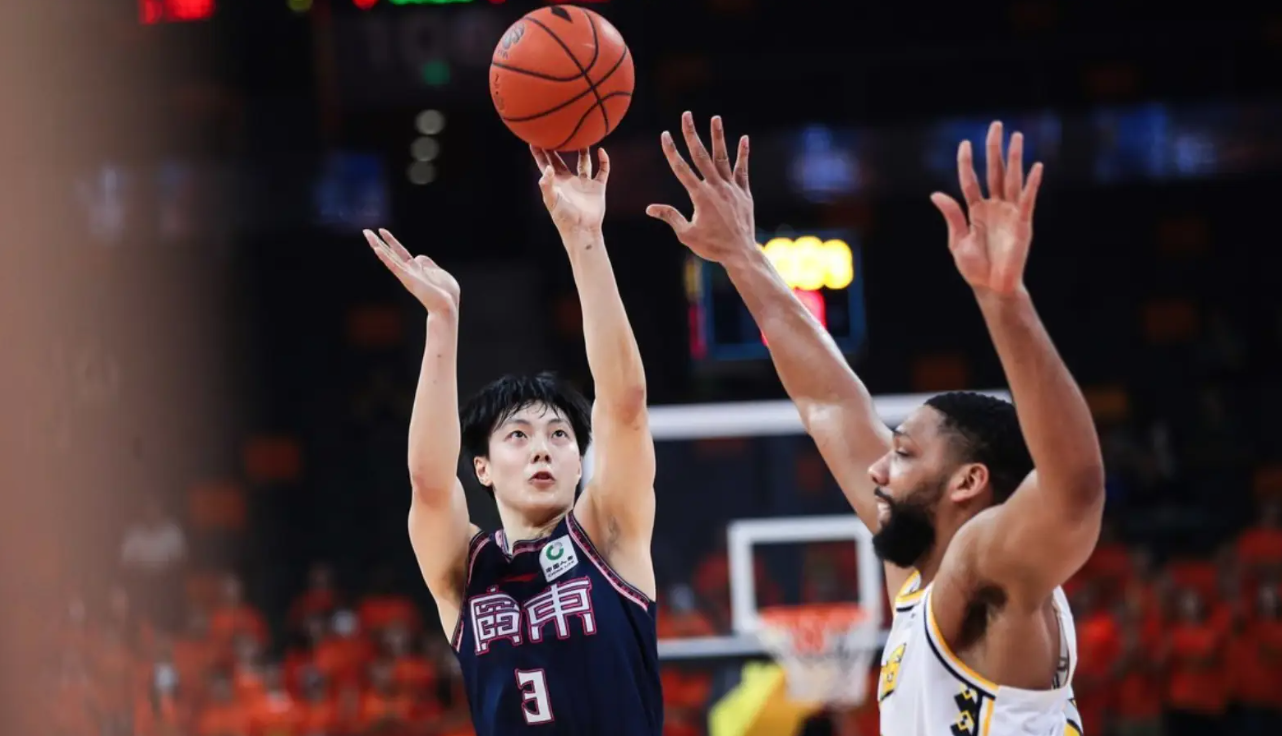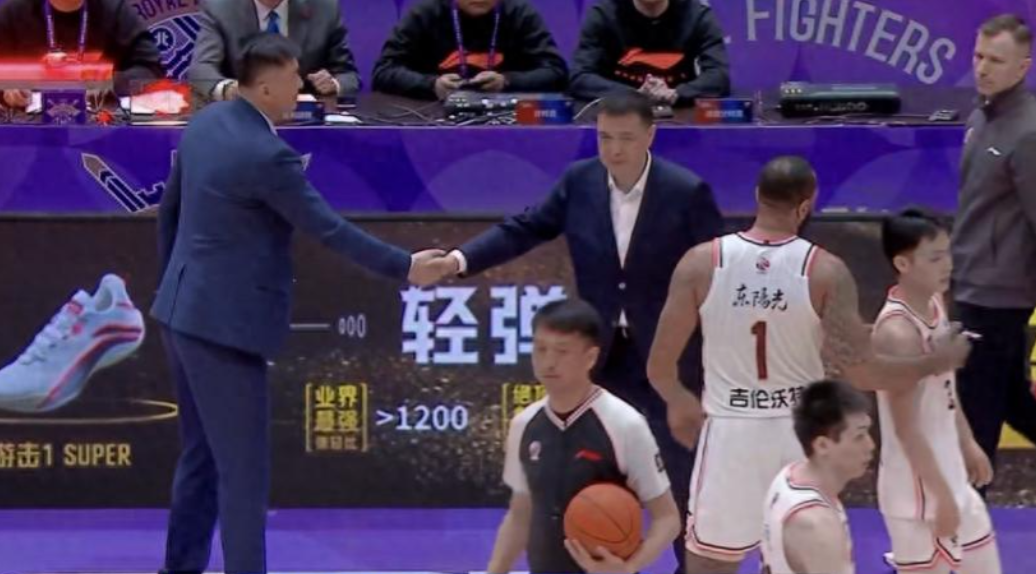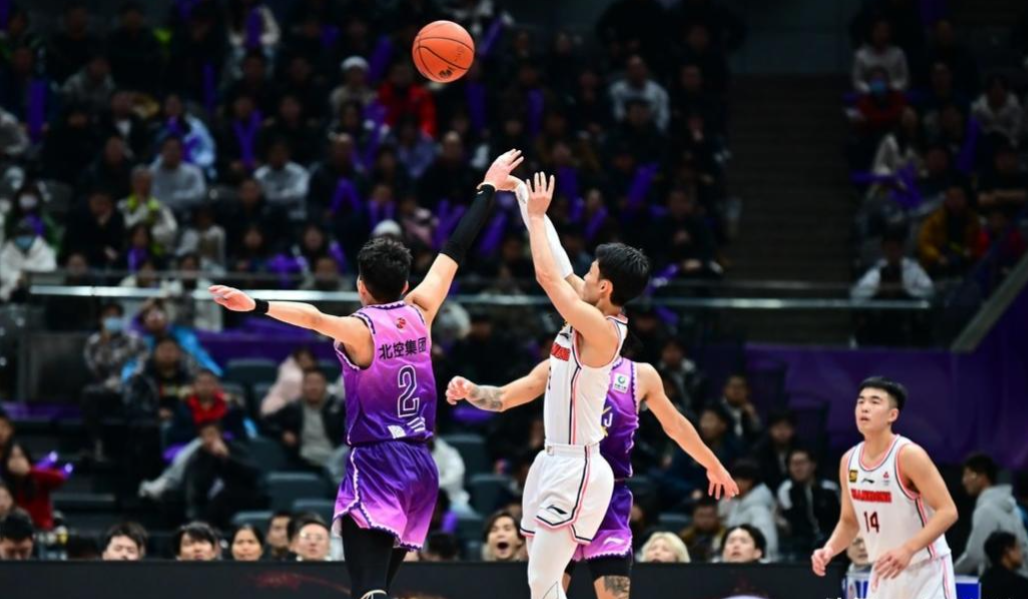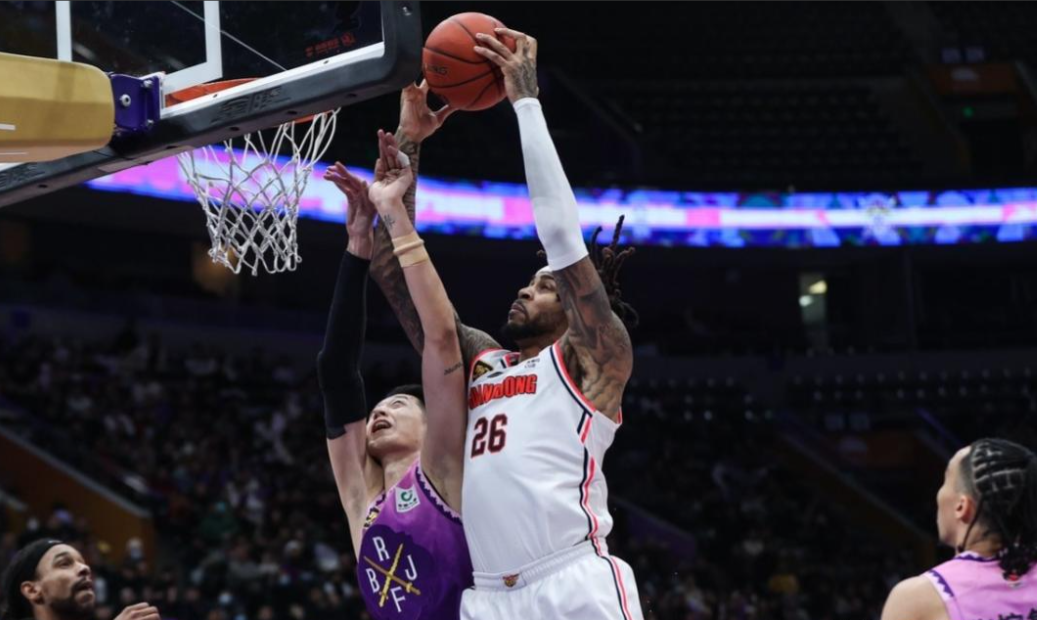Guangdong Men's Basketball Team Celebrates Prematurely! Victory Over Beikong Marred by Bad News, Championship Plans in Jeopardy This Season

Guangdong men's basketball team welcomed Beikong at home and narrowly won the game by a single point. This victory brought them to a six-game winning streak, which on the surface seems glorious. However, have you ever considered whether this victory truly reflects their strength or marks the beginning of potential problems? While consecutive victories are undoubtedly impressive, the exposed weaknesses are like nails hidden in the wheels, ready to plunge the entire team into trouble at any moment.

Let's start with the core performance of this game: rebounds. Guangdong grabbed a total of 48 rebounds throughout the match, seven more than Beikong, with 14 offensive rebounds being particularly crucial. Imagine a team that can recover and attack even after a missed shot; how demoralizing must that be for Beikong?

However, winning games solely through rebounds may seem powerful but is somewhat precarious. If Guangdong's perimeter shooting were functioning normally, they might not face such significant rebounding pressure. In other words, when Guangdong's outside shooting is off, rebounds become a lifeline, but can they rely on this strategy in the playoffs?

Besides rebounds, Guangdong's free-throw accuracy is also noteworthy, with an impressive 87% success rate throughout the game. In such a tightly contested match, this was akin to a stabilizing anchor. On the contrary, Beikong's 71% free-throw accuracy lagged behind, and this difference is not insignificant.

But achieving high free-throw accuracy is as much about mentality as it is about basic skills. It's admirable that Guangdong could maintain such precision under high-pressure situations, thanks to the experience and mental fortitude of their veteran players. However, once the playoffs arrive, the pressure at the free-throw line intensifies, and a single mistake could cost them the game. Can they continue to perform under such stress?

If we were to highlight the most outstanding individual from this game, it would undoubtedly be Xu Xin. The young player stepped up from the bench to score 14 points and made a critical put-back shot that sealed the victory. His calmness under pressure has naturally raised expectations for his future.

However, Xu Xin's growth is inseparable from the efforts of the entire team. In post-game interviews, he himself mentioned that the support from his coach and senior teammates gave him more confidence. Xu Xin's rise could be a valuable asset for Guangdong's future, but how well this card is played will depend on the coaching staff's arrangements and cultivation.

Moving on to Beikong, although they lost, the team's defense has been impressive. Throughout the game, they held Guangdong's three-point shooting to a mere 30%, significantly lower than Guangdong's season average. Especially in the closing moments, Beikong's defensive resilience almost caused Guangdong to falter.
However, Beikong's issues are clear: a lack of diverse scoring options and only four points contributed from the bench. This is a considerable bottleneck for a team aiming to break through. Nevertheless, their defensive strategy serves as a wake-up call to other teams: Guangdong's three-point shooting is not invincible.
Regarding Guangdong's three-point shooting, the 30% accuracy in this game is indeed concerning. Looking across the CBA league, this is clearly a weakness. What's more troubling is that this isn't an isolated incident; Guangdong's perimeter shooting has been inconsistent throughout the season.
Additionally, the issue of points scored off turnovers is worrisome. In this game, Guangdong scored seven points fewer than Beikong in this aspect. Keep in mind, playoff opponents will not overlook such opportunities. It's like running a marathon in old shoes; while you can still run, you never know when the sole might split.
The issue of aging veterans is also a hidden concern for Guangdong. Core players like Yi Jianlian are increasingly at risk playing through injuries. If they cannot reasonably distribute physical exertion during the regular season, the intensity of playoff games will expose the depth of Guangdong's lineup.
This problem is not without solutions. Strengthening the rotation of substitutes, reducing the playing time of veterans, and allowing young players to grow through actual combat could be Guangdong's way out. However, this requires the coaching staff to be bolder in their strategic deployment, sometimes even taking risks.
Returning to Beikong, despite their loss, their progress is evident. From defense to mentality, the team has shown signs of growth in their encounter with Guangdong. If they can enhance their bench strength, Beikong might become a disruptor in the future.
Guangdong men's basketball team won the game by a single point, and while the winning streak is certainly cause for celebration, the hidden problems have been exposed in this battle. On the road to the playoffs, can rebounds and free-throws always be their lucky charms? Will the issues with three-point shooting and turnovers become their Achilles' heel? Perhaps they need more young talents like Xu Xin to go further.
Beikong's performance offers hope for growth and provides other strong teams with a different perspective: who says giants can't fall?